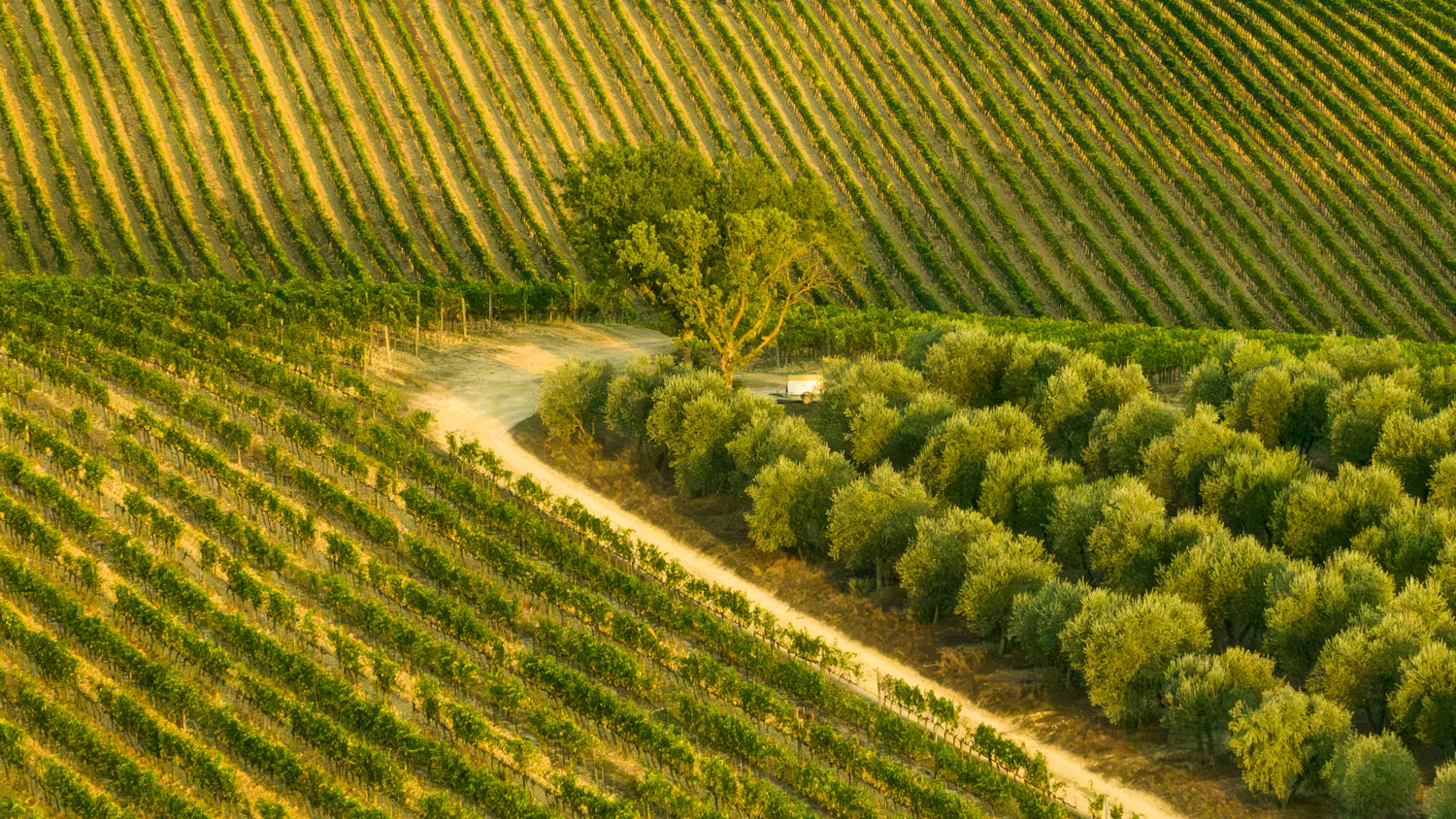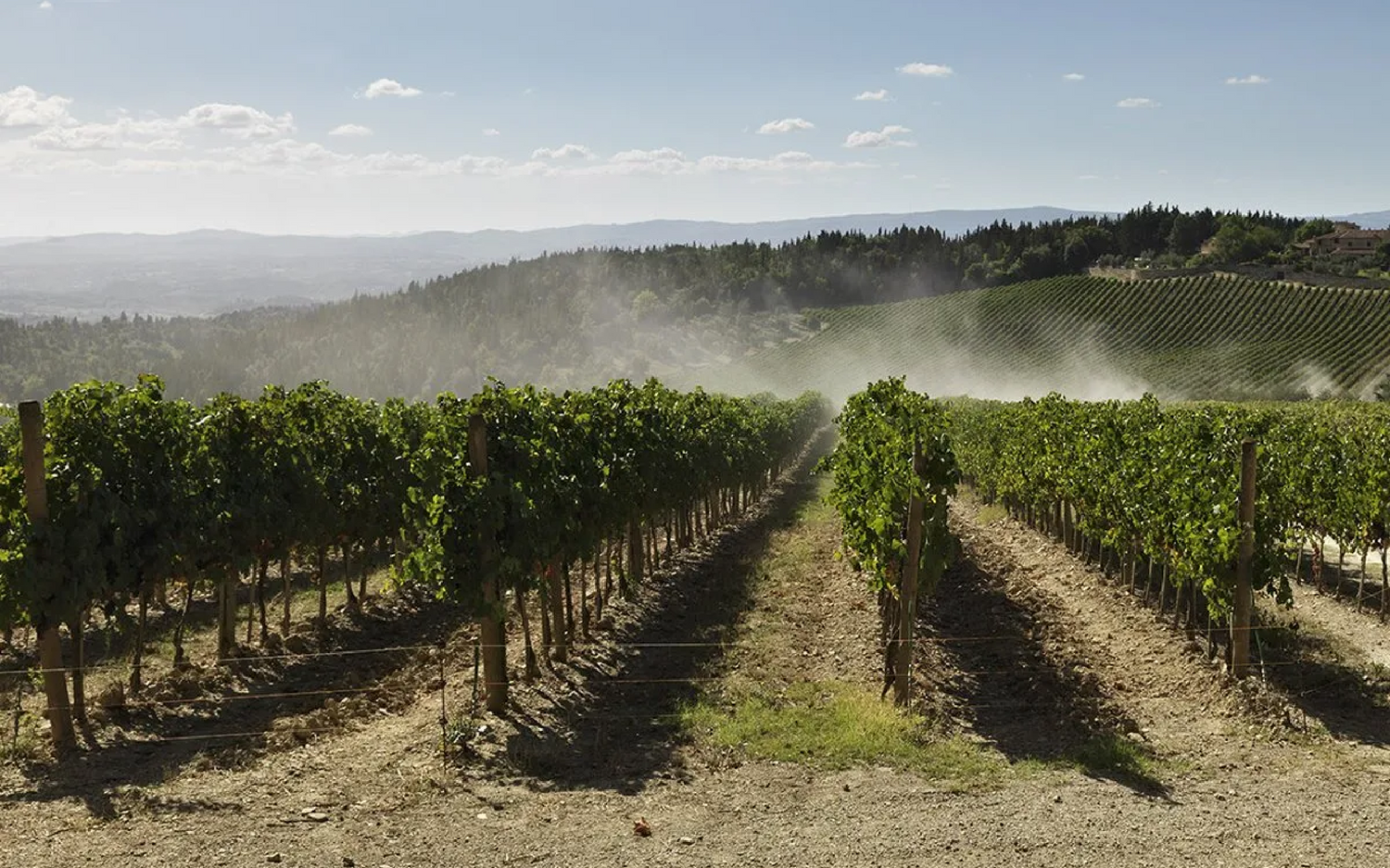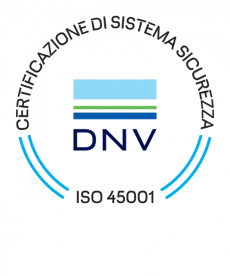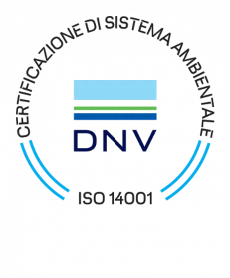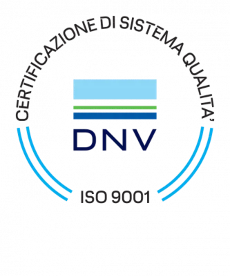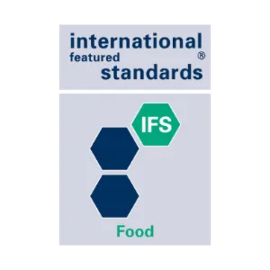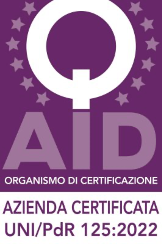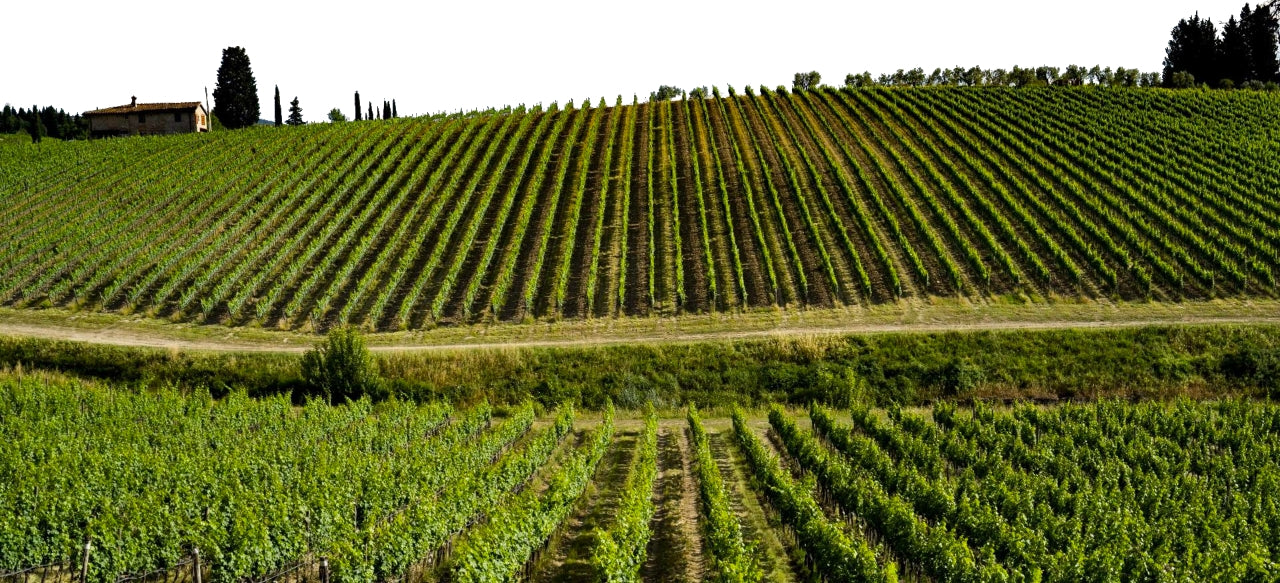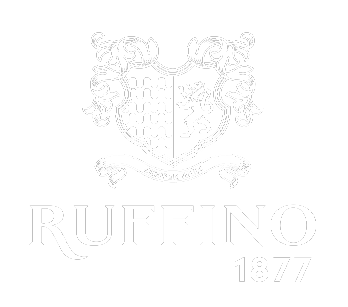RUFFINO CARES
RUFFINO CARES
SAFEGUARDING THE ENVIRONMENT AND ITS BIODIVERSITY IS OUR PARAMOUNT MISSION, ACHIEVED THROUGH THE IMPLEMENTATION OF SUSTAINABLE PRACTICES.
SAFEGUARDING THE ENVIRONMENT AND ITS BIODIVERSITY IS OUR PARAMOUNT MISSION, ACHIEVED THROUGH THE IMPLEMENTATION OF SUSTAINABLE PRACTICES.
This includes transitioning to organic methods, embracing precision viticulture, and judiciously managing our resources with informed choices.
Our path towards environmentally responsible cultivation began in 2013 and continues to thrive through ongoing improvements in management practices. Key milestones include the adoption of an Environmental Management System, which allowed us to analyze and mitigate our environmental impacts.
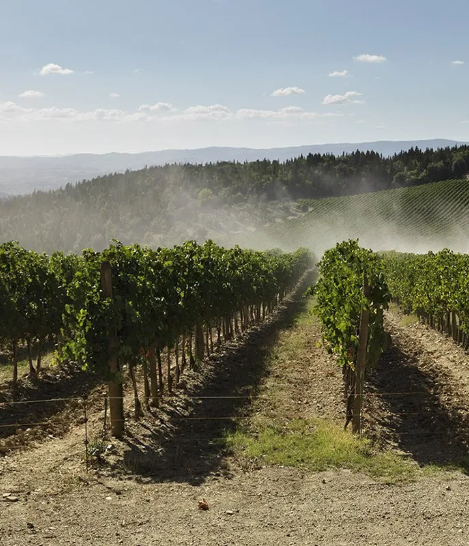

BIODIVERSITY
We hold a deep commitment to environmental preservation and biodiversity, central to our ethos. Our sustainable journey, which commenced in 2014, culminated in our 2018 certification as Biodiversity Friends by the World Biodiversity Association. Our approach revolves around responsible land management, encompassing water conservation, eco-friendly pest control, afforestation efforts, and sustainable land use practices.
We prioritize conserving and respecting local flora and fauna at every one of our properties. Our minimal agricultural footprint underscores our dedication to minimizing environmental impact.
We actively champion environmental and biodiversity protection through a range of estate initiatives.


INTEGRATED
FARMING
We prioritize vineyard and land care through organic conversion, precision viticulture, and an agricultural best practices handbook. Our sustainable approach minimizes chemical use via advanced sensors and Decision-Making Support System (DSS) software.
Our initiatives include establishing sustainable vineyards, reducing chemical usage, embracing organic and green manure, and responsible water usage. We monitor our Water Footprint and improve wastewater treatment. Our rigorous waste management includes sorting and recycling, achieving over an 85% recycling rate.
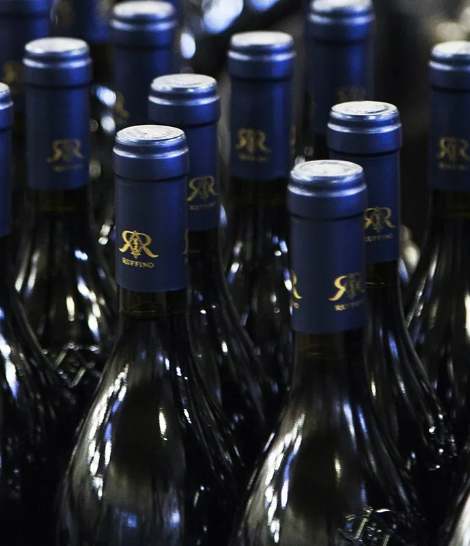

ORGANIC
We're transitioning all estates to organic farming, fostering biodiversity like swallows at Gretole. We also embrace Integrated Agriculture (SQNPI) to reduce environmental impact. By 2024, all estates will be fully organic with sustainability and biodiversity certifications.
Sustainability involves achieving more with less. Italy's wine industry prioritizes value, quality, and exports, emphasizing businesses' role in driving meaningful change. We support biodiversity, local communities, and disadvantaged groups, transcending traditional sustainability. We actively engage in collective efforts, like developing a "Sustainability Certification System for the Wine Supply Chain," to establish a unified regulatory framework in Italy.
DIVERSITY &
INCLUSION
RUFFINO FOR OTHERS: GIVING BACK TO THE COMMUNITY AND NATURE
LIFE VitiCaSe
Ruffino has joined LIFE VitiCaSe – Viticulture for Soil Organic Carbon Sequestration, a project with unique characteristics in Europe and globally pioneering in Carbon Farming in viticulture. This project involves a series of agricultural and soil management practices aimed at increasing the ecosystem’s capacity to capture and retain atmospheric carbon.
The project’s objectives:
- • Increase agricultural carbon stocks in the soil
- • Reduce greenhouse gas emissions
- • Contribute to climate change mitigation
- • Creation of a database on agronomic practices;
- • Development of a reliable and certifiable computer tool for estimating carbon stocks;
- • Integration of the digital platform with blockchain technology;
- • Validation of the system through field analysis;
- • Implementation of the system in 4 pilot vineyards from 3 farms;
- • Certification of Carbon Credits and placement on trading platforms;
- • Monitoring of technical and economic results;
- • Transfer and replication of the system.
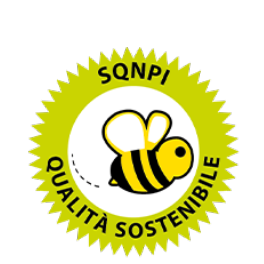
The Ruffino Group is a participant in the sustainability certification program for the viticultural industry supply chain.
Our enduring commitment is focused on fostering greater social equity throughout the entirety of this supply chain. This commitment is exemplified through our collaborations with suppliers and employees, diligent monitoring of our resource consumption and environmental footprint, and the implementation of comprehensive strategies and initiatives aimed at mitigating any adverse impacts. For further information, we invite you to consult our Sustainability Report or contact the SQNPI Observatory via the following email address:

